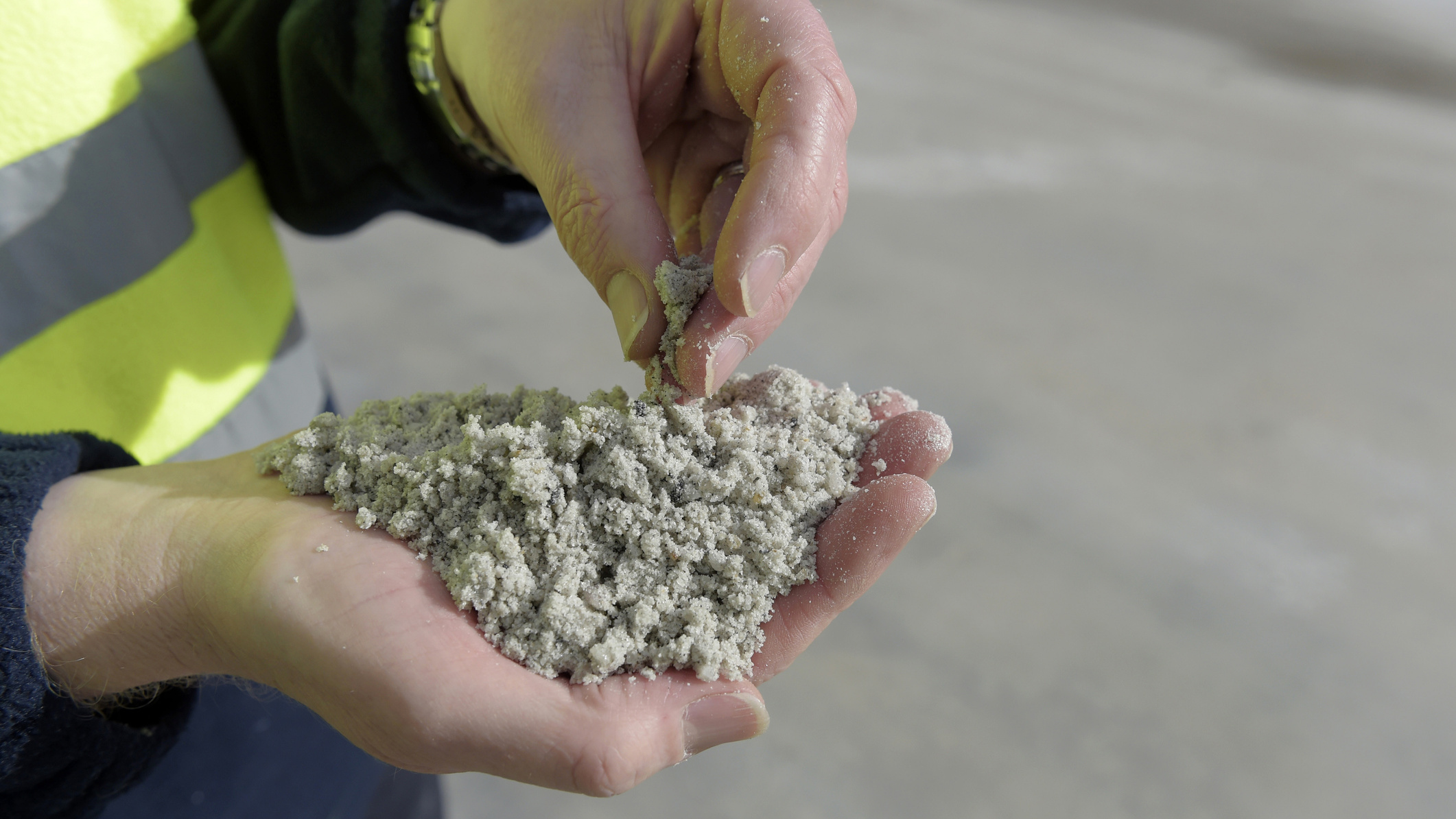Ground Breakers: Lithium is becoming very important to the WA economy

Just call it white gold. Pic: Carla Gottgens/Bloomberg via Getty Images
- WA budget hits near record surplus on booming iron ore royalty haul
- Rising commodity lithium is poised to challenge gold as the State’s second biggest mineral royalty earner next year
- Materials index joins TGIF market recovery despite falling commodity prices
Modern Perth was a city built not on rock and roll (sorry, I actually hate that song) but on iron ore.
That is set to continue with higher than anticipated iron ore prices driving WA to its second biggest surplus ever yesterday of $5.7 billion, only a few mill shy of last year’s $5.8b record.
The envy of all, no doubt.
But the WA Treasury’s iron ore budget forecasts have become famously bearish since the boom that will never end, well, ended a few years ago.
While iron ore prices were expected to nosedive this year as usual for the Treasury boffins, they’ve held up well at an average of US$139.50/t CFR China in 2021-22.
That delivered $10.29 billion into the WA Government’s coffers, down from $11.355b in 2020-21.
With prices expected to fall to a long run average of US$66/t by November, the State Government expects that to drop to $5.645b next year with an average price of US$77.5/t.
But other commodities are becoming increasingly important to Australia’s richest resources state.
Most notable is lithium, which only became a line in Premier Mark McGowan’s budget in 2017-18, when the only contributors to State royalty payments were the Greenbushes and Mount Cattlin mines.
Lithium contributed just $15m in 2016-17 and $50m in 2020-21. But WA is now the world’s most prolific lithium producer from hard rock sources, a status it has claimed at a perfect time.
With spodumene prices heading from cyclical lows to record levels of US$5000/t-plus over the past 12 or so months, the State raked in $255m from lithium miners last financial year, a 400% increase.
Next year lithium miners are projected to send $447m into the State’s grateful hands, challenging gold ($481m) for its status as WA’s second biggest royalty earner (excluding $921m in North West Shelf Grants from the Commonwealth).
Production growth to drive revenue haul
Incredible.
With the industry in severe undersupply, caught out by the pace of growth in electric vehicle sales, additional production will be brought online in the next few months.
Pilbara Minerals (ASX:PLS) is looking to ramp up the scale of its Pilgangoora mine in WA’s north from arouind 380,000tpa to 580,000tpa by bringing the old Altura Pilgangoora operations back to full scale production.
Mineral Resources (ASX:MIN) and Albemarle meanwhile are close to restarting the first of three 250,000tpa production trains at their Wodgina mine with a second to be brought online this year as well, while MinRes is also eyeing an expansion from 450,000tpa to 600,000tpa at its Mt Marion JV with China’s Ganfeng.
The large Mount Holland JV between Wesfarmers (ASX:WES) and Chile’s SQM and Liontown Resources’ (ASX:LTR) Kathleen Valley mine are two more major operations expected to switch on in the next few years.
Other battery metals are looking handy as well, notably nickel which was responsible for $145m in royalty revenue in 2021-22, up from $86m in 2020-21 on higher prices.
With additional production coming on stream this year, notably from Mincor Resources’ (ASX:MCR) revived Kambalda operations and Western Areas’ (ASX:WSA) Odysseus mine, nickel royalty revenues are project to rise each year out to 2025-26, when they will hit $178m.
Major lithium stocks share prices today:
Market in green to start your Friday
After several tough days the market is back in turn around territory, with the Materials index up 0.69%.
The broader ASX 200 is up 1.31% with a few battery metals players looking good.
North American lithium explorer Sayona Mining (ASX:SYA) and cobalt and nickel producer Jervois Global (ASX:JRV) are two of the top performing mid-caps, while the big diversified miners are all slightly in the green.
It came despite falls across a range of commodities overnight, with copper prices threatening to dip below US$9000/t. The three month nickel contract on the LME has also fallen around US$2000/t this week from US$30,076/t last Friday to US$27,810/t on Thursday.
“Base metals prices plunged further on mounting worries about weak global demand,” ANZ Research’s David Plank said in a note.
“Copper pushed below USD9000/t for the first time since October as investors focus shifts from supply disruptions to weaker consumption. China remains the heart of these concerns as the country battles COVID-19.”

UNLOCK INSIGHTS
Discover the untold stories of emerging ASX stocks.
Daily news and expert analysis, it's free to subscribe.
By proceeding, you confirm you understand that we handle personal information in accordance with our Privacy Policy.








